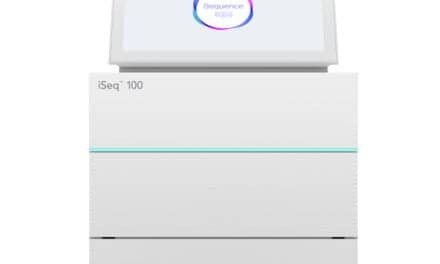Eli Diamond, MD, assistant attending neurologist at Memorial Sloan Kettering Cancer Center, recently presented clinical data from an ongoing study demonstrating the utility of Trovagene’s precision cancer monitoring platform for the determination of oncogene mutational status in cell-free DNA obtained from a liquid biopsy.
The results were presented to both treating physicians and patients at the second international medical symposium of the Erdheim-Chester Disease (ECD) Global Alliance, in collaboration with the National Institutes of Health (NIH). Study findings expand upon clinical data presented earlier this year at the annual meeting of the American Society of Clinical Oncology.
ECD is a rare disease involving the excessive production of histiocytes, a type of white blood cell. The cells normally help to fight infection and injury, but in ECD they gather in different organs and tissues and can result in a variety of symptoms, including organ failure. ECD has recently been linked to a high prevalence of BRAF V600E mutations, which affect more than 50% of patients with the disease. Patients with BRAF-mutant ECD can respond to BRAF inhibitors and other therapeutics; however, the lack of adequate biopsy tissue often precludes BRAF testing, and confirmation of the BRAF V600E mutation.
“Accurately determining BRAF V600E mutation status is critical for making therapeutic decisions for patients diagnosed with ECD,” says Diamond. “Tracking the mutation using urinary cell-free DNA provides a window to see how the disease is responding, and these new data show that regardless of which drug is used, treatment response over time correlates well with BRAF V600E mutational load.”
Headquartered in San Diego, Trovagene is the developer of a cell-free molecular diagnostic technology that is protected by multiple issued patents and pending patent applications globally. The company’s technology detects and quantitates oncogene mutations in cancer patients, and is designed to improve disease management by providing important clinical information beyond the current standard of care.
Trovagene’s technology enables physicians to detect and monitor oncogene mutations in urine and plasma with high sensitivity, providing a noninvasive alternative to tissue biopsy, which in some clinical situations can be difficult or impossible to obtain. The data set presented at the ECD Global Alliance meeting included numerous cases in which Trovagene’s assay unequivocally determined oncogene mutational status when prior results from tissue biopsy were inconclusive.
Additionally, patients in the study were monitored using Trovagene’s technology, enabling physicians to determine response to therapy within days of treatment initiation. Such rapid feedback on treatment effect is of great importance to clinicians as it helps ensure proper treatment and improve patient outcomes.
“The ability to quickly and accurately determine BRAF mutational status is critically important to our ECD patients for determining whether a BRAF inhibitor is a therapeutic option,” says Kathy Brewer, president of the ECD Global Alliance. “We are encouraged by the recent advances in molecular diagnostic testing that will hopefully allow for fast, accurate, and noninvasive testing for our patients.”






